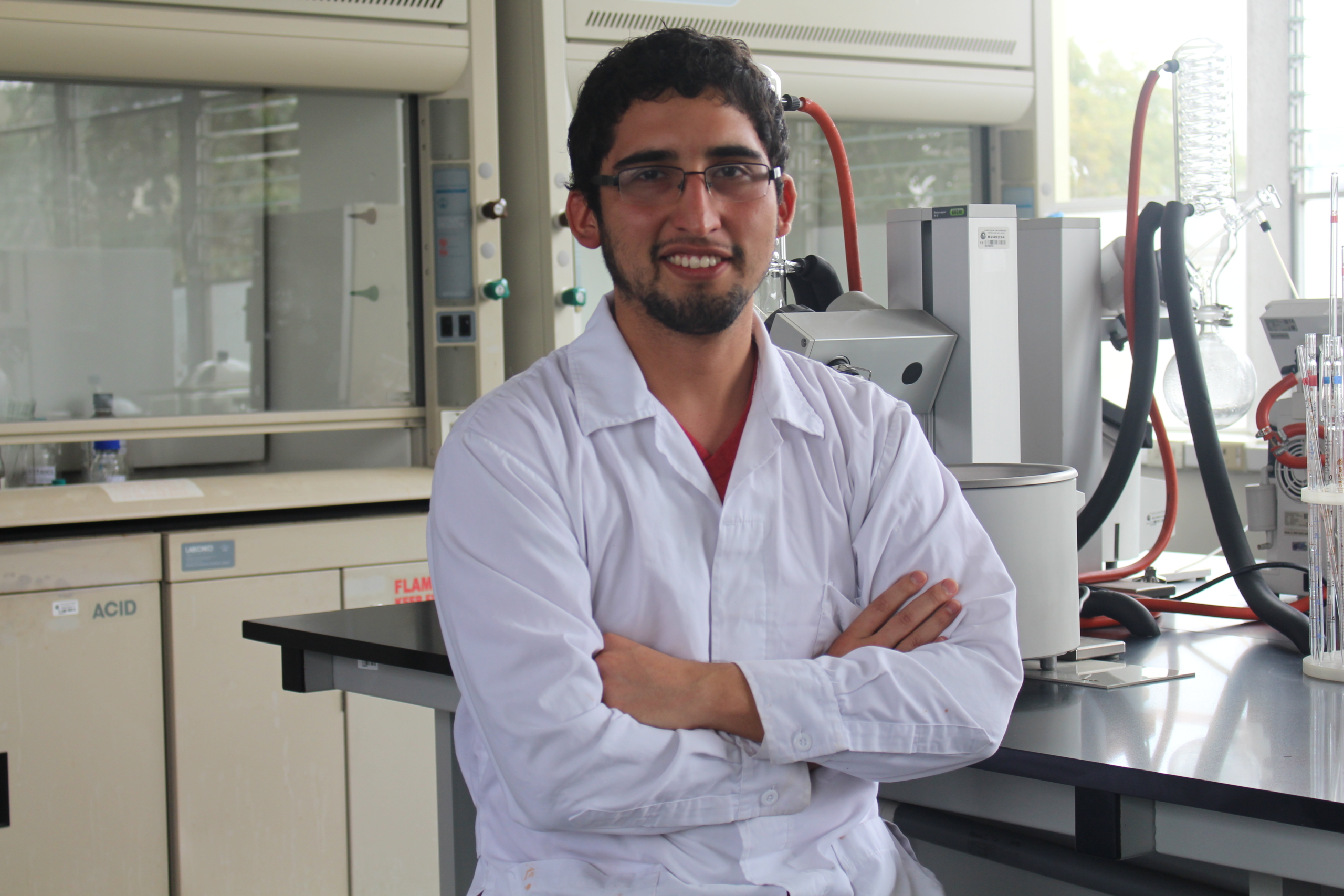
The research work “In silico validation of a prostate cancer recurrence prognosis signature based on pathways related to stem cells” that Miguel Espinoza, student of the major of Chemistry, with the support of AUNA-Oncosalud, carried out, during the summer, was selected to be published in the book of abstracts of the annual conference of the American Society of Clinical Oncology (ASCO)
What are the objectives of the study?
Cancer is an important issue because of the high mortality associated with it, but also because it can break out again despite having received clinical treatment. The project on the recurrence of prostate cancer is an interdisciplinary one and seeks to relate genomic information on primary adenocarcinomas of the prostate, publicly available in recognized databases, with clinical information. With this information, we propose to obtain a prognostic signature of genes involved in the recurrence of prostate cancer. In this way, with this result, it will be possible to differentiate which group of patients presents a greater or lesser risk of recurrence in cancer, so that, in this way, adequate clinical treatments can be performed for each case.
What knowledge, learned in the undergraduate school, were necessary to develop your project?
Addressing the issue of cancer was a challenge because I had to deepen certain topics learned in my biochemistry course on the modifications that DNA can undergo. In addition, it was a completely new scenario because it was an interdisciplinary project, involving different topics of oncology, medicine, statistics and computer science. I had to read different scientific journals to familiarize myself with the oncological topic. Likewise, I had to deepen my knowledge in the SPSS statistical program to perform the analysis of the databases which I was working with.
What are the contributions of research to the study of cancer?
As I mentioned before, cancer may break out again even though patients receive clinical treatments, such as radiation therapy, chemotherapy, or even tumor excision. This is because these therapies affect only the cancerous cells that proliferate and make up the neoplasia. However, what this project raises is that there are cancer stem cells, that is, cells that are different from the others and have the capacity to self-renew, which remain after the patients have received their treatments. If biomarkers associated with cancer recurrence could be identified, a better prognosis could be generated for patients with this disease.
Tell us about the application process for the Abstract Book of ASCO Annual Meeting.
With the results obtained, together with Dr. Fanny Casado, a summary manuscript for the American Society of Clinical Oncology (ASCO) was made. We presented the context of prostate cancer, the methodology performed on Oncosalud and the results obtained. Once it was finished, the summary was sent out in February, until, on May 17, I received an email, in which I was informed that I had been selected.
Personally, the topic of cancer was always my concern and interest, so this project gives me the opportunity to make a contribution to society. Although this does not mean that we are going to find the cure for cancer, we will make a contribution to future researches. On the other hand, in the academic field, I feel happy, since I have acquired new knowledge. In this way, the opportunity to make a publication, in a recognized journal, motivates me to continue working because the work of a scientist is to spread the advances of science.